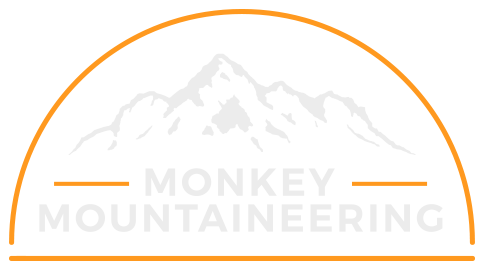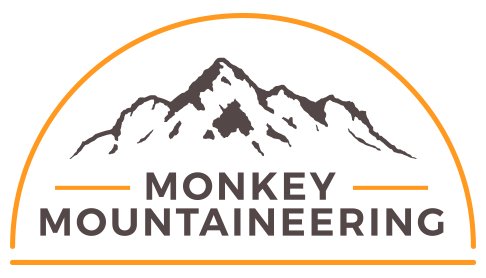Is This Course For You?
You’ll need a good level of fitness for this course and be used to being out in the winter mountains in poor weather. You’ll also be competent using crampons and ice axe and will have led some summer rock climbs. This course is also for you if you have previous winter climbing experience and are looking to refresh your skills and/or improve.

